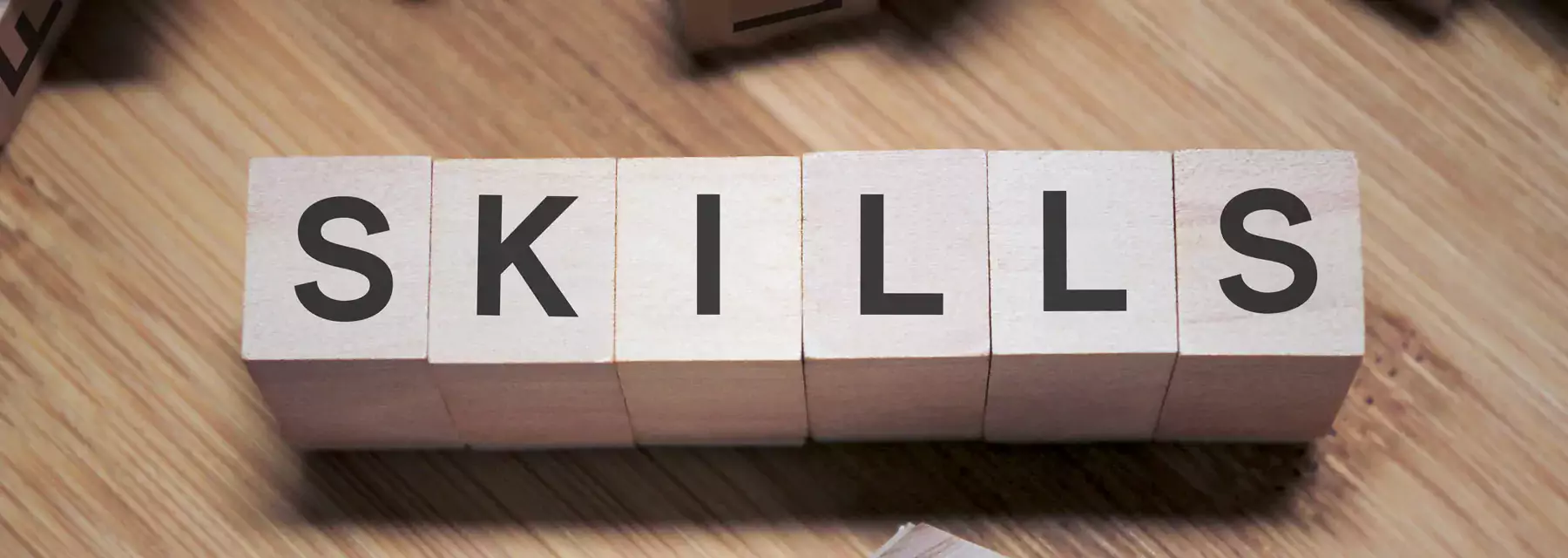
3 skills you need as a data science student, Part 1
In part 1 of a 3-part blog series, we focus on skill #1: Know yourself
Having been admitted to the intensive UBC Master's of Data Science Computational Linguistics (CL) program, students are going to undertake 96 lab assignments, 42 quizzes, 192 lab hours, and 288 lecture hours. Two years of courses are compressed into 10 months. Those numbers highlight the anticipation I felt when I joined the program last September 2019. As a new graduate from a business bachelor’s degree with minimum experience in data science, I was accepted into the UBC MDS CL program. Soon, I was able to learn Python, R, machine learning, natural language processing, and machine translation, all of which brought me into a cutting-edge world.
While I was able to learn cutting-edge knowledge and enhance my personal interests, I noticed that some of my cohort had difficulty keeping a balance. For some, these 10 months were treated like a temporary suffering – deprivation of sleep, ignorance of a sunny weekend, choices between lab optional questions and personal times. However, if you are equipped with the right skills, you don’t need to compromise between your personal life and professional study as you deserve them all!
In part 1 of a 3-part blog series, I am going to take you through the three skills I developed from my experience of the ten-month journey that might help as you navigate through the MDS CL program.
Skill #1 –Know yourself
What type of learner are you? Do you grasp the main points faster when reading or listening? When is your best performance time? What do you need to focus on at different stages of this professional program? What are your goals and priorities? These are the questions you better have an answer to or at least think about it before you start the program because they determine your learning strategies. We all have different backgrounds, experiences, and are unique in some way. What works for one person may not necessarily work for another. Thus, being self-aware and knowing yourself will facilitate your journey as a MDS CL student in a long run.
For example, I am a voracious reader and I read way faster than listening. It saves me around 2/3 of time when I read the textbook or transcript because I understand course materials faster when reading. Therefore, I always do pre-readings before classes; I use classes to fill the knowledge gaps instead of gaining new concepts/knowledge; I ask the MDS CL teaching team for reference papers when an interesting question arouses my interest in the class. When meeting problems in lab assignments, I refer to the textbook/Google scholars before asking the teaching assistants and I use office hour to ask one-step-further questions, which are included in the additional readings.
Recommended resources:
- UBC, GPS (Graduate Pathways to Success) workshop: Leveraging your Strengths to Strategize for Success, https://www.grad.ubc.ca/about-us/events
- UBC, Student Service, Self-assessment: https://students.ubc.ca/career/career-resources/self-assessment
- UBC, CSIC (Centre for Student Involvement and Careers), 1 vs. 1 advising: https://ubc-csm.symplicity.com/index.php/pid832044?
- Book, "Designing Your Life" by Bill Burnette and Dave Evans, https://www.amazon.ca/Designing-Your-Life-Well-Lived-Joyful/dp/1101875321
In Part 2, I will focus on the problem solving skills needed to succeed in the MDS CL program.
a bit about me:
I am a student from UBC’s Master of Data Science (Computational Linguistics, 2019-2020). I came directly after completing my bachelor degree in business with around one year’s internship experiences in non-tech areas outside of Canada. I achieved a 91.6 GPA and had meaningful experiences during the MDS program.
Gracie Pu is a graduate of the UBC MDS Computational Linguistics program, Class of 2020
